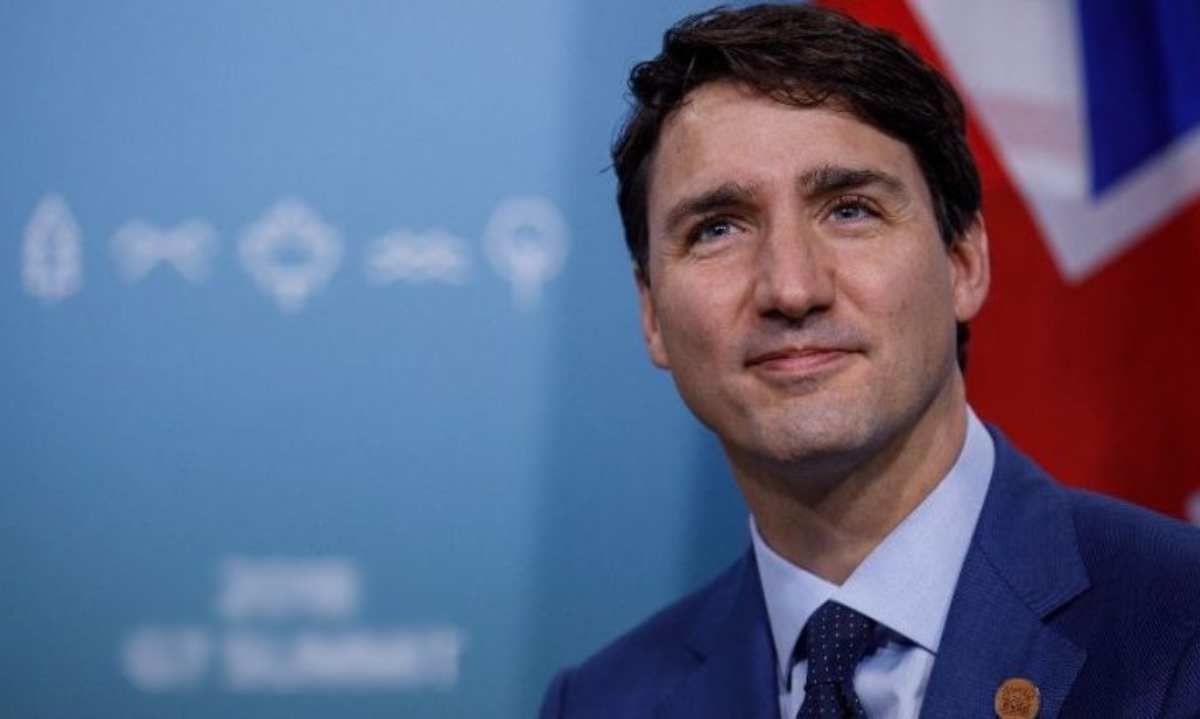
With direct consequences for key industries, consumers, and North American economic integration, this trade war could reshape regional trade relations and open doors to new international alliances.
Canada has firmly responded to U.S. President Donald Trump’s decision to impose a 25% tariff on Canadian goods by applying the same tariff on U.S. products worth $155 billion. Additionally, the Ottawa government is considering further measures in key sectors such as critical minerals, energy, and other trade agreements, Prime Minister Justin Trudeau announced Saturday night.
Impact of Tariffs on Economy and Trade
Trump’s decision, executed via executive order, has caused confusion in Canada, according to Trudeau. "Tariffs against Canada will put American jobs at risk and could lead to the closure of auto assembly plants and other manufacturing facilities," the Canadian Prime Minister warned.
Trudeau also stressed that the U.S. measure could affect the affordable supply of essential resources for U.S. security, such as nickel, potash, uranium, steel, and aluminum. In response, Canada will implement its tariffs in two phases: on Tuesday, tariffs on U.S. goods worth $30 billion will take effect, followed by the remaining $125 billion in retaliatory measures within 21 days.
Escalation of the Trade War
This trade conflict also impacts the North American Free Trade Agreement, renegotiated by Trump in his first term, and jeopardizes the world’s largest economic integration, with $3.6 billion in daily trade.
Beyond trade, both nations have maintained a close defense and security relationship for nearly a century. From Canadian aluminum used in U.S. World War II arms manufacturing to Canada’s assistance during the 9/11 attacks and firefighting efforts in California, historical cooperation between the two nations now faces a new strain.
Consumer Impact in Canada
Ottawa’s response will directly impact Canadian consumers, who may see higher prices on U.S. goods such as beer, wine, bourbon, orange juice, vegetables, perfumes, clothing, and footwear. Key industries such as home appliances, furniture, sports equipment, and materials like lumber and plastics will also be affected.
Effects on the Energy and Natural Resources Sector
Trump’s 10% tariff on Canadian energy includes oil, gas, and hydroelectricity. However, Alberta Premier Danielle Smith has expressed opposition to imposing export taxes on the province’s heavy crude oil exports to the U.S., which accounts for 20% of America’s daily oil consumption.
Meanwhile, Saskatchewan Premier Scott Moe has voiced concerns over retaliatory tariffs affecting the province’s major exports, potash and uranium. Canada is the largest supplier of uranium to the U.S., where domestic production falls short of national demand.
Political Support and U.S. Reactions
Trudeau emphasized that Canada’s response is unified and that no measures will be implemented without first consulting provincial and business leaders. "We will not proceed with actions that divide the country," he assured.
In response to Canada’s decision, Texas Governor Greg Abbott issued a warning via X: "Careful, Trudeau. The Texas economy is larger than Canada’s. And we’re not afraid to use it."
Several Canadian premiers also responded with their own measures. In Ontario, British Columbia, and Nova Scotia, officials have announced plans to remove U.S. alcoholic beverages from government-run stores.
British Columbia Premier David Eby highlighted the vulnerability of his province’s resource industry. His government has identified ten priority projects in mining, renewable energy, and natural gas, representing $20 billion in investments and creating over 6,000 jobs.
"We are accelerating permit approvals for critical mining and low-carbon energy projects," Eby stated. "We already have new trade missions planned to strengthen global relationships in Asia, Europe, and beyond."




